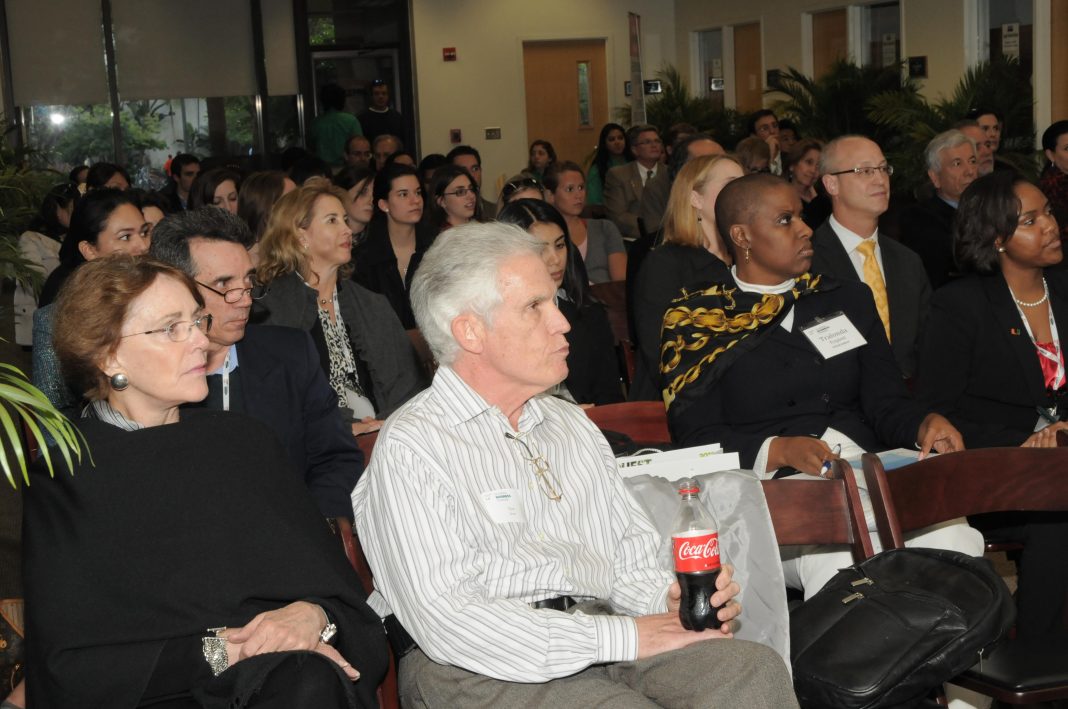In a world where the mind’s labyrinthine corridors often become battlegrounds of emotion, the search for solace and healing takes many forms. Among these, music therapy emerges as a harmonious contender, weaving melodies that promise to soothe the soul and mend the psyche. As the strains of a violin or the rhythmic beat of a drum resonate within us, they raise an intriguing question: Can these musical interventions truly substitute traditional medical treatments for emotional disorders? This exploration delves into the symphony of science and art, examining the potential of music therapy to stand alongside—or even replace—conventional approaches in addressing the complexities of the human mind. Through an impartial lens, we embark on a journey to understand the therapeutic power of music, its limitations, and its place in the evolving landscape of emotional healing.
Exploring the Harmony Between Music and Mental Health
As we delve into the realm of music therapy, it becomes essential to weigh its potential against traditional medical treatments for emotional disorders. Music therapy has emerged as a significant adjunctive treatment, offering a non-invasive and holistic approach. Its strength lies in its ability to engage the brain’s emotional centers, often unlocking emotions that are difficult to articulate. The therapeutic power of music can foster profound changes, helping individuals express feelings, alleviate stress, and improve mood.
- Reduces Anxiety: Listening to calming music can decrease cortisol levels, the hormone responsible for stress.
- Enhances Mood: Upbeat tunes can boost serotonin and dopamine, the brain’s feel-good chemicals.
- Improves Cognitive Function: Engaging with music can enhance memory and attention span, especially in those with cognitive impairments.
However, while music therapy shows promise, it is not yet a standalone treatment. It’s crucial to consider it as part of a broader therapeutic plan, especially for severe emotional disorders. Integrating music therapy with traditional methods, such as medication and psychotherapy, may offer a more comprehensive approach, addressing both physiological and psychological aspects of mental health. Therefore, while music therapy holds transformative potential, it should be seen as a complementary rather than a substitute for medical treatments.

Unraveling the Science Behind Melodic Healing
Music has long been celebrated for its ability to evoke emotions and connect individuals on a deeply personal level. Recent studies delve into the transformative potential of music therapy, exploring its capability to assist in managing emotional disorders. The essence of this therapeutic approach lies in its capacity to harness the intrinsic power of melodies and rhythms to foster emotional well-being. Music therapy employs a range of techniques, from improvisation and songwriting to listening and discussing, which can serve as a complementary approach to traditional medical treatments.
- Emotional Regulation: Music can help individuals process and express emotions that might be challenging to articulate otherwise.
- Stress Reduction: Certain genres or compositions have been shown to lower cortisol levels, reducing stress and anxiety.
- Social Connection: Group music therapy sessions can enhance social skills and provide a sense of belonging.
While the evidence supporting music therapy’s benefits is promising, it’s essential to recognize it as a supplement rather than a substitute for conventional medical treatments. Integrating music therapy into a comprehensive treatment plan can enhance emotional resilience, offering a harmonious balance between traditional and innovative therapeutic practices.

When Tunes Take the Lead in Emotional Recovery
Music therapy has increasingly become a beacon of hope for those grappling with emotional disorders. The harmonies and rhythms seem to offer a profound sanctuary, where traditional methods sometimes fall short. With its ability to tap into deep-seated emotions, music provides a pathway to healing that transcends conventional boundaries. While it may not completely replace medical treatments, music therapy can be a powerful adjunct, enhancing the effectiveness of other therapeutic approaches.
- Non-invasive: Unlike some medical treatments, music therapy is non-invasive and can be easily integrated into daily life.
- Accessible: From streaming services to live performances, music is more accessible than ever, allowing individuals to tailor their therapeutic experience.
- Personalized: Each person’s musical preferences can guide their emotional journey, offering a unique and personal recovery path.
Music’s ability to evoke and regulate emotions makes it a versatile tool in emotional recovery. Whether it’s through a soothing classical piece or an uplifting pop anthem, the impact of music on mental well-being is undeniable. By engaging with music therapy, individuals might find a harmonious balance that complements their medical treatments, leading to a more holistic approach to emotional health.

Integrating Music Therapy into Traditional Treatment Plans
Incorporating music therapy into traditional treatment plans for emotional disorders can enhance the overall therapeutic experience without replacing conventional medical interventions. Music therapy serves as a complementary approach, aiming to address the emotional and psychological facets that medication and psychotherapy may not fully cover. It can be particularly effective in providing relief from symptoms of anxiety, depression, and stress, acting as a bridge to emotional well-being.
- Non-Invasive and Safe: Music therapy is a non-invasive treatment that can be easily integrated into existing routines without adverse effects.
- Personalized Experience: The therapy is highly adaptable, allowing sessions to be tailored to individual preferences and needs, fostering a sense of agency in patients.
- Enhances Communication: For individuals who find verbal communication challenging, music can serve as an expressive outlet, facilitating deeper emotional expression.
- Promotes Relaxation: It helps in reducing stress levels, promoting relaxation, and improving mood, thereby supporting other therapeutic processes.
While music therapy provides significant benefits, it is essential to maintain a balanced approach, ensuring it complements rather than replaces established medical treatments. Collaboration between music therapists and healthcare providers is crucial to create a holistic treatment plan that maximizes patient outcomes.








